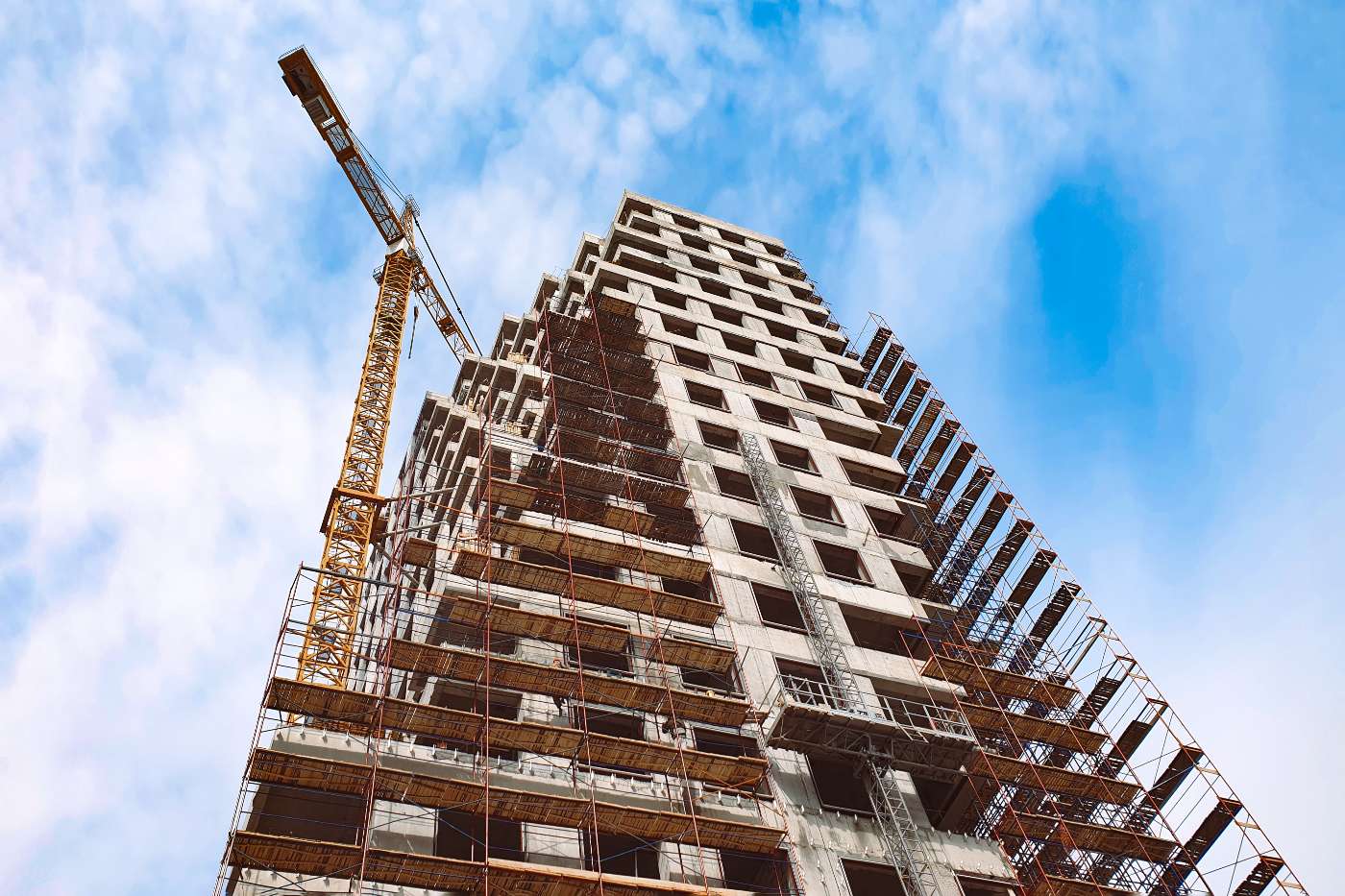Civil construction projects play a crucial role in shaping the infrastructure of cities and communities. These projects require meticulous planning, skilled labor, and adherence to various regulations, from building roads and bridges to erecting commercial buildings and residential complexes. One critical aspect that must be considered is proper permitting. Obtaining the necessary permits is essential for any construction project to ensure compliance with local, state, and federal laws. This blog explores the significance of proper permitting in civil construction projects and highlights its benefits.
- Legal compliance and avoiding penalties
Obtaining a civil construction permit is not merely a bureaucratic formality. It is a legal requirement to ensure the project's safety, integrity, and compliance. Failure to secure the appropriate permits can lead to severe penalties, fines, and even project shutdowns. By adhering to the permitting process, construction companies demonstrate their commitment to operating within the boundaries of the law, protecting themselves from legal repercussions, and avoiding unnecessary delays and costs.
- Ensuring safety and risk mitigation
Permitting processes are designed to prioritize safety in civil construction projects. Obtaining permits typically involves submitting detailed plans and specifications to the relevant authorities, who review them to ensure compliance with building codes, zoning regulations, and safety standards. This scrutiny helps identify potential risks and hazards before construction begins, allowing for necessary modifications and improvements. By prioritizing safety through permitting, construction projects can mitigate the risks of accidents, injuries, and property damage, ultimately safeguarding the well-being of workers, residents, and the general public.
- Environmental protection and sustainability
Environmental considerations have become increasingly important in construction projects in the modern era. Proper permitting enables regulatory bodies to assess the potential environmental impact of a project, ensuring compliance with environmental regulations. By obtaining these permits and implementing environmentally-friendly practices, civil construction projects can minimize their carbon footprint, conserve resources, and contribute towards the betterment of society.
- Facilitating effective planning and coordination
Permitting processes are valuable for effective planning and coordination in civil construction projects. They require project owners and contractors to provide detailed project schedules, construction methodologies, and material specifications. This information allows regulatory authorities to assess the feasibility and impact of the project, coordinating with other departments such as transportation, utilities, and public services. By involving multiple stakeholders and obtaining the necessary permits, potential conflicts and bottlenecks can be identified early on, facilitating better project planning, smoother execution, and timely completion.
- Quality assurance and customer confidence
Proper permitting enhances a civil construction project's overall quality and professionalism. It demonstrates that the project is being executed by competent professionals who adhere to industry standards and regulations. Obtaining permits also indicates that the construction materials and methods meet the required quality criteria. This assurance gives confidence to clients and investors and helps contractors build a positive reputation in the industry.
6. Access to insurance coverage and liability protection
Proper permitting is often a requirement for contractors to obtain necessary insurance coverage for their civil construction projects. Insurance providers typically require evidence of permits as a condition for issuing policies. This ensures that the project is conducted in compliance with regulations and reduces the insurance company's liability. In the event of unforeseen accidents, property damage, or legal disputes, having proper permits in place can provide contractors with the necessary liability protection, covering potential financial losses and legal expenses.
7. Enhanced public accountability and transparency
Civil construction projects are often funded by public entities or involve public infrastructure. Proper permitting adds a layer of public accountability and transparency to the project. Construction companies demonstrate their commitment to responsible project management by obtaining permits and complying with regulations. This transparency helps build trust between the project stakeholders and the public, as it provides reassurance that the project is being conducted lawfully and responsibly.
Proper permitting is essential to civil construction projects. It ensures legal compliance and avoids penalties, prioritizes safety, protects the environment, facilitates effective planning, and enhances overall project quality. Construction companies can mitigate risks, avoid costly delays, and build a positive reputation by understanding the significance of proper permitting and adhering to the necessary processes. Ultimately, adequate permitting contributes to the successful execution of civil construction projects, resulting in sustainable and resilient infrastructure that benefits American society.

